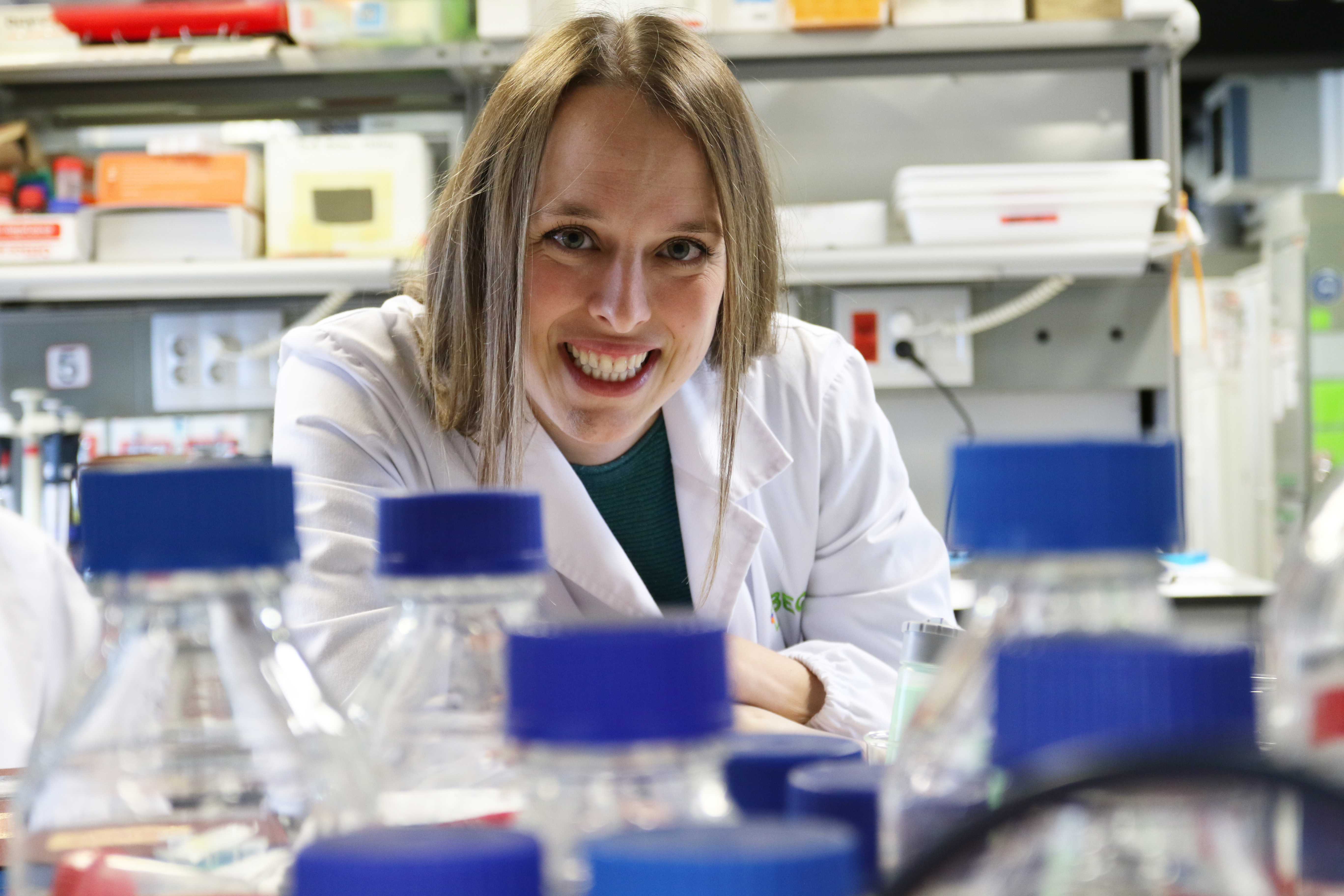2nd EIT Health Innovation Day
EIT Health Innovation Day Innovation Days promote health innovation among university students through one-to-two-day programmes held at academic institutions around Europe. Students receive an introduction to practical health innovation tools … Read more

 Application Deadline: 10/12/2019
Application Deadline: 10/12/2019